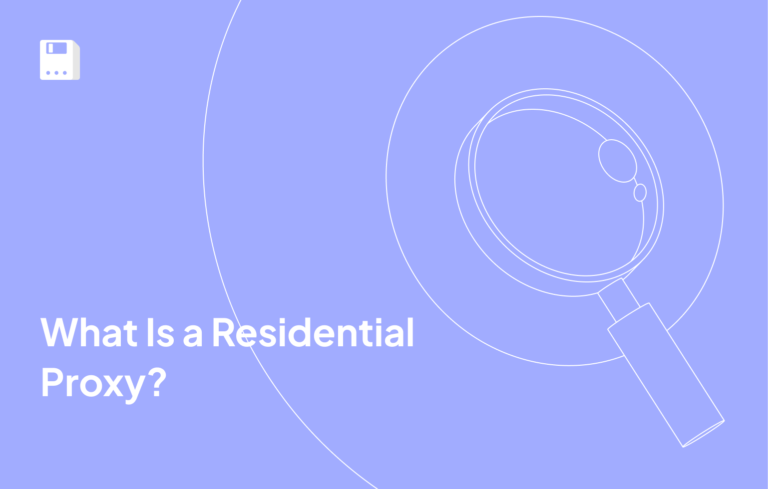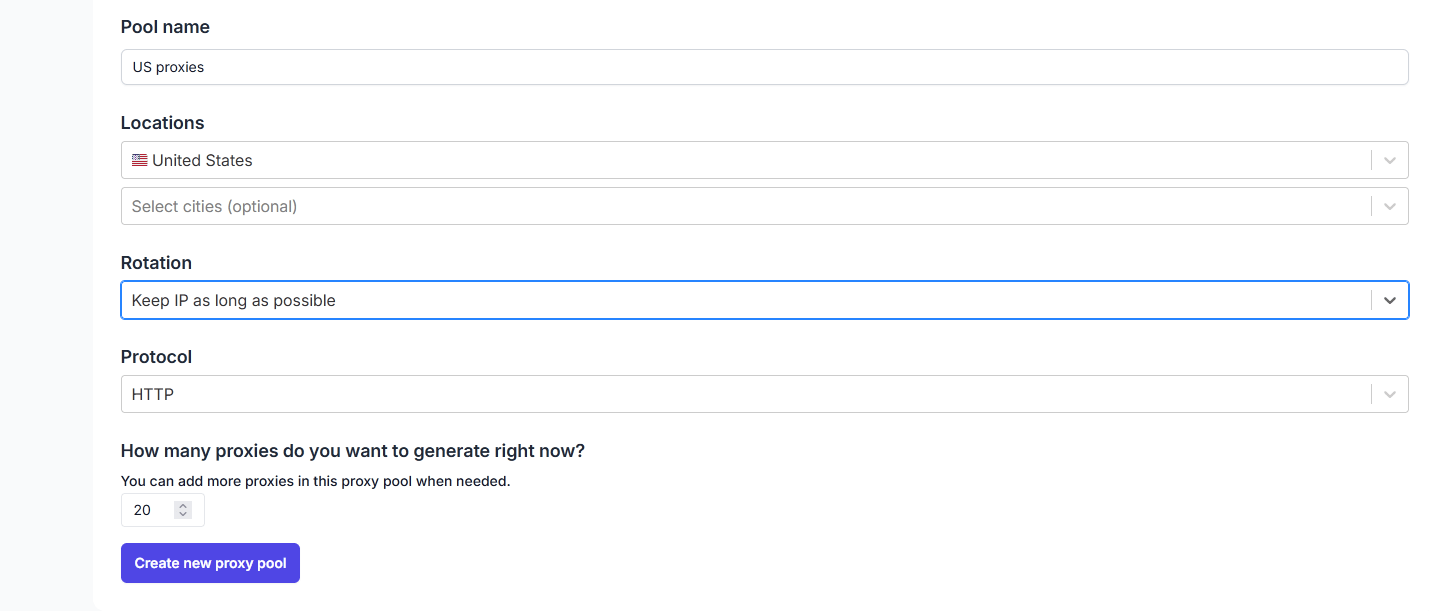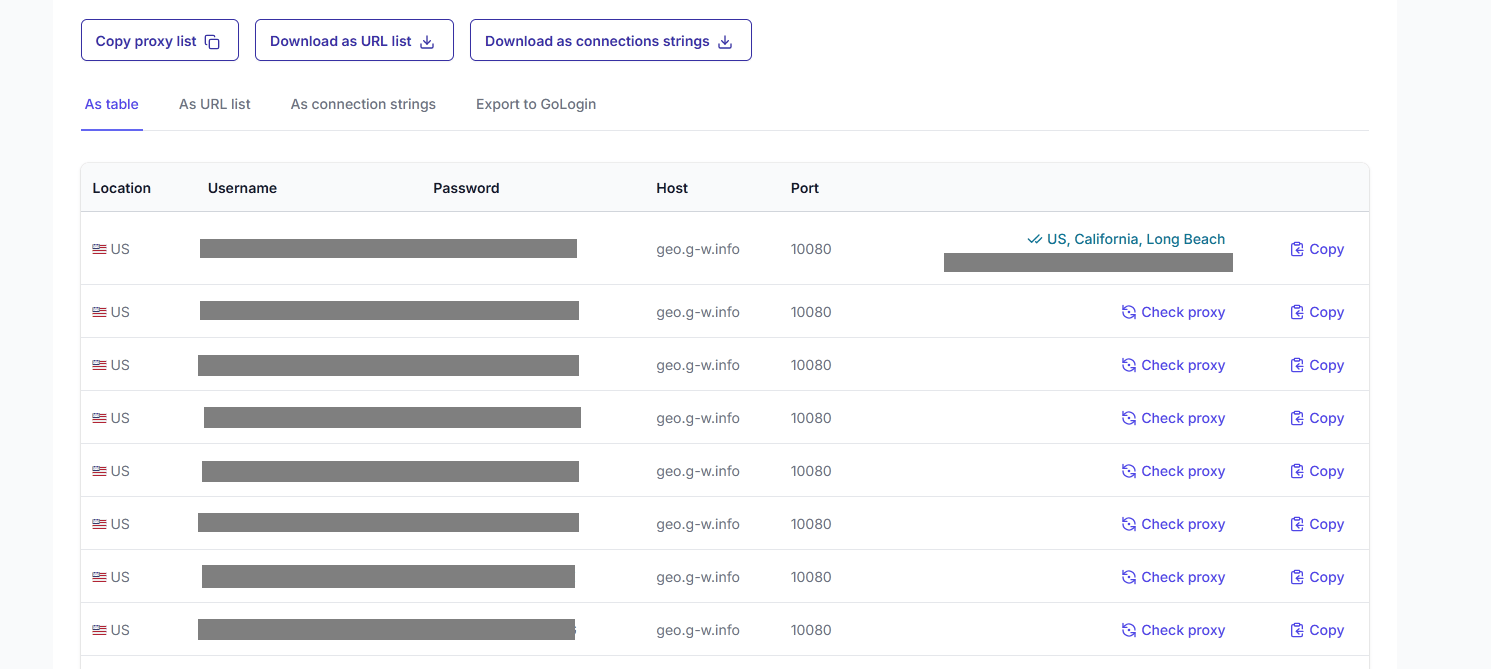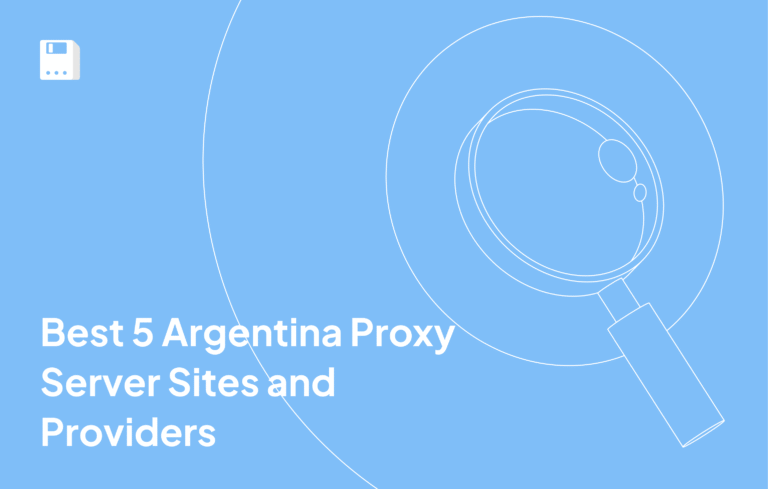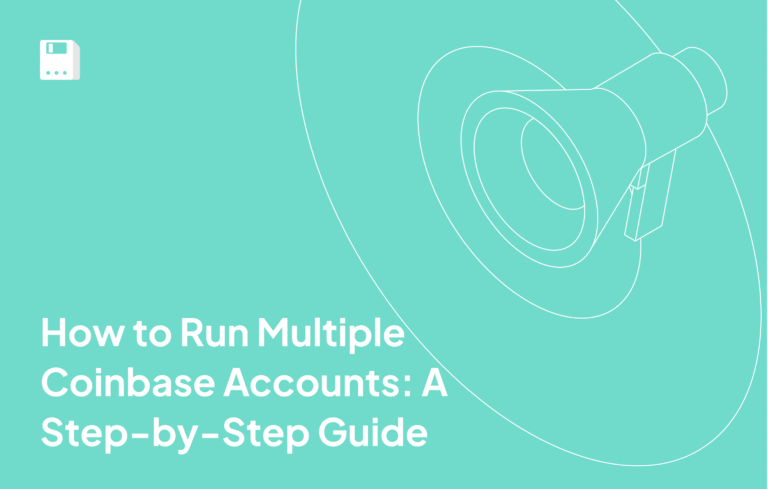The Internet is the most expansive digital communication, information, and commerce hub. Yet, it’s still full of inconvenient restrictions, as anyone trying to connect to the BBC iPlayer outside of the UK can attest to. Residential proxies are a powerful tool for getting around such obstacles, benefiting everyone from regular people to enterprise powerhouses.
In this comprehensive overview, you’ll learn everything about what residential proxies are, what benefits they offer, and how they work. You’ll have a thorough understanding of residential proxy ins & outs by the time you’re through and will be able to pick one with confidence.
What Is a Residential Proxy?
Before we define residential proxies, let’s quickly go over what proxies are in general and why you’d need one.
Ordinarily, your Internet Service Provider (ISP) provides two things necessary to go online. Hardware like a router and connection infrastructure and an Internet Protocol (IP) address. Each IP address issued to residential customers serves as their unique identifier.
Websites may use IP addresses as a means of user tracking and serving personalized ads. IP addresses are tied to a specific geographic location, which can prevent users from accessing geo-restricted content. Websites may also block individuals based on their IP address if they make too many requests.
Proxies act as go-betweens, inserting themselves between your unprotected connection and the websites or online resources you are trying to access.
Residential proxies are a sought-after type of proxy based on IP addresses ISPs issue to actual clients. These addresses might come from someone’s computer or even a smartphone or smart TV if they connect through Wi-Fi.
How Do Residential Proxies Work?
Residential proxies depend on pools of genuine IP addresses issued by ISPs. They route your traffic through these IPs, hiding yours in the process. Let’s break down how it works:
- You make a request to visit any website.
- When a residential proxy is active, its server receives that request first.
- The proxy server forwards your request, obscuring the original IP
- The target website recognizes the request as coming from the proxy IP and sends data back to it.
- The proxy server passes data received this way on to you.
The proxy server itself rarely hosts residential IPs. Rather, it acts as a portal to the proxy provider’s residential IP network. Which specific IP you end up connecting through doesn’t matter as much as the fact that it’s genuine and based in a location of your choice.
What Types of Residential Proxies Are There?
Understanding the basic residential proxies meaning is a good start, but things get a bit more complicated. Residential is a general category, often contrasted with datacenter proxies. Even so, we can break it down even further.
Rotating proxies
The most widespread type that comes to mind first. They randomly switch or rotate the IP address, hence the name. Doing so strengthens anonymity and helps bypass detection.
Pros:
- High degree of anonymity and detection avoidance due to constantly changing IPs
- Large proxy pools with strong global coverage
- Excellent scalability that accommodates even large-scale scraping projects
Cons:
- Reduced control over assigned IPs means you might sometimes have to log in again or lose a session
- Speed depends on IP owner’s internet connection and can be inconsistent
Static proxies
As the name suggests, these proxies assign users a fixed IP. It persists between sessions, meaning that you will get the same IP address even if you log off and come back later. Static proxies can also be dedicated and private, so a single user gets exclusive rights to the IP address for the duration of their subscription.
Pros:
- Provide persistent sessions vital for long-term account management
- Stability and consistency help build IP reputation essential for use cases like sneaker copping
- Higher speeds than rotating proxies without sacrificing legitimacy
Cons:
- Limited IP pools mean an IP in a specific desired location might not be availabie*
- More expensive than rotating proxies
Why Choose Residential over Datacenter Proxies?
If you’ve already done some research on proxy providers, you’ve noticed they offer datacenter as well as residential proxies. Why choose the latter, especially since datacenter proxies are considerably cheaper?
As the name implies, datacenter proxies are IPs tied to datacenters rather than actual homes. Each such IP is part of a range assigned to datacenter blocks. As these ranges are publicly available, websites can flag and ban them automatically.
Conversely, residential proxies have higher legitimacy. Being sourced from actual devices makes residential proxies appear like ordinary, legitimate users. They’re much harder to detect, predict, or block.
Accurate geographic locations are another benefit. A datacenter proxy’s registered location might not be the same as its real one. This can cause mismatches and be flagged as suspicious. Meanwhile, IP addresses residential proxies work with always correspond to the authentic locations of households they are tied to.
Here’s a comparison table of each proxy type’s advantages and drawbacks:
Residential proxies |
|
|
Pros |
Cons |
|
|
Datacenter proxies |
|
|
Pros |
Cons |
|
|
What Use Cases Are Residential Proxies Suited For?
Widespread application potential is residential proxies’ most beneficial feature. Here are some of the main use cases that greatly benefit from them.
Social media management
Social platforms have a legitimate interest in limiting excessive requests from a single IP. Too many requests might be indicative of malicious bot activity or account manipulation. Even so, this restricts parties that operate legitimately from curating their social media presence more efficiently.
Social media managers may sidestep these boundaries by integrating residential proxies into their SMM tools or anti-detect browsers.
Freelancers and agencies can effectively manage social profiles for several clients without being banned. Multinational companies with regional social media accounts also benefit since they can handle all their social activities centrally.
Web Scraping
Websites make considerable amounts of data available publicly. Forward-thinking individuals and businesses can leverage this data to predict market trends, analyze competitor behavior, and keep tabs on user sentiments.
Manually collecting so much data is time-consuming and can be inaccurate, so web scraping is a widely used automated alternative. Despite the data’s public nature, it’s in website owners’ best interests to limit its acquisition, especially if it allows others to gain a competitive advantage.
Rotating residential proxies are invaluable for successfully bypassing anti-scraping measures. No single IP gets used too much, ensuring sites don’t blacklist or impose connection limits on it.
Ad verification
In ad presentation, every little detail can make the difference between engaging your target audience and enraging someone not interested in your brand. Third-party ad verification services can provide a good baseline. Still, diligent companies follow up with manual testing to ensure their ads appear on trusted websites and in a proper context.
The benefits of using residential proxies for this are twofold. On the one hand, advertisers may repeatedly access the same website for verification purposes and not trigger anti-bot measures. On the other, it’s far easier to test what the ads will look like to consumers from various locations around the world.
Price monitoring
Perhaps the most versatile residential proxy application happens in price monitoring. In e-commerce, it’s indispensable for matching competitor prices and balancing tempting offers with profitability. Booking agencies rely on it to offer customers the best deals for transportation and accommodation.
Collecting price data through a residential proxy greatly reduces the risk of getting IP banned or blocked. Even individual users can benefit since changing their location might give them access to better discounts and limited deals.
SEO
It’s impossible to overstate the importance of SEO in a business’s exposure and growth potential, and residential proxies tackle several related issues.
Apart from removing restrictions and blocks, conducting SEO through residential proxies displays unbiased results unaffected by your search history. Moreover, proxies from micro locations like cities allow companies to precisely track their local rankings and ads.
Finally, you can more accurately analyze SERPs for yourself and your competitors or get more comprehensive and effective keyword suggestions.
Ticket buying & sneaker copping
Anticipated events and limited sneaker launches frequently sell out in minutes after going live. Securing a spot or shoe by refreshing your browser likely won’t work.
However, automating the process through bots and specialized ticket or sneaker proxies gives you a fighting chance. Both website types have notoriously strict preventative measures. Only the best residential proxy providers can reliably get around them.
How to Use Residential Proxies?
Getting started with residential proxies is relatively straightforward and doesn’t require too much technical know-how.
Providers & plans
First, you’ll want to choose a dependable proxy provider. We’ll cover what to look for in a bit. The majority of providers adopt a bandwidth-based mode. That means you pay per the amount of traffic you consume, with more traffic usually being cheaper. Another popular method is to offer monthly subscriptions with fixed GB allotments. You can save big on these if you commit longer.
Making an account and paying for a plan enables the proxy dashboard. From there, you can track how much traffic you’ve spent and access or create proxy pools.
Getting the proxies you need
Most providers offer global coverage, with residential proxies in 195+ countries.

It’s even better if you can take advantage of more precise targeting options like a city, postal code, or ASN. These are invaluable for highly location-specific use cases like local marketing campaigns. You can also choose between several protocols, usually HTTP, HTTPS, and SOCKS5.
Since every residential IP pool fluctuates, rotating residential proxies don’t provide fixed IPs. However, you can set up sticky sessions if you need the IP to persist for a time.
Generally, that’s between 1 and 60 minutes, although some providers let you keep the IP as long as possible. Changing the IP with each request is an option as well.
Once you’re done refining the selection, a pool of residential proxies fitting your criteria becomes available. Each has an associated protocol, username, password, and port. You may copy this information to set up the proxy in your browser, feed it to an API, etc.
Residential Proxies & Legal Considerations
With all this talk of sidestepping restrictions and avoiding detection, you might be wondering if using proxies is legal. Unless you’re from one of a handful of countries that outright ban proxy use, the answer is yes. Even so, the fact that proxies are legal doesn’t prevent bad actors from using them in harmful ways.
It’s perfectly legal to leverage residential proxies in maintaining your online privacy or to scrape data openly available online. If you’re in doubt, consult a legal professional and see if your use case qualifies.
On the other hand, there’s the matter of ethics in sourcing residential proxy IPs. Since real people and their households supply them, residential proxy providers need to be transparent about their sourcing practices, and secure consent from willing & informed participants.
Conclusion
Residential proxies level the playing field by providing safe, private internet access and lifting restrictions others place on your growth. Leverage their exceptional potential and achieve your personal or business goals with greater ease and speed.
Frequently Asked Questions
What is a residential proxy and how does it work?
A residential proxy routes your internet traffic through real IP addresses assigned by ISPs to residential devices (like smartphones or home routers). It hides your real IP and makes requests appear as if they come from a genuine user’s device.
What are common use cases for residential proxies?
They’re ideal for bypassing geo-restrictions (e.g., streaming or site access), web scraping, ad verification, SEO monitoring, account management, and avoiding IP bans by appearing as legitimate users.
Share this article:
Table of Contents
Proxies at $1
Get unlimited possibilities

